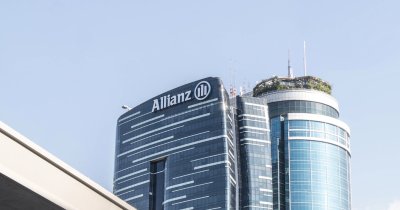ESG Today reports that Sapphire Technologies is one startup who recently received 10 million USD in order to begin the commercialization of its energy recovery solution for hydrogen and gas-powered systems.
California-based Sapphire Technologies was founded back in 2021 and the team there develops and makes energy recovery systems in order to convert various forms of wasted energy into electricity. Thus, industrial customers can become more energy efficient, optimize the use of resources and reduce their carbon footprint.
With the new investment, the company expects to increase the production of its turbine systems by 400% by the end of this year.
dcbel is another startup working in the field of energy efficiency, but this time around for home energy optimization. The team raised 50 million USD recently, which it will use to accelerate the delivery of its bidirectional residential charging system, called Home Energy Station.
dcbel was founded back in 2015 and it developed systems that allow homeowners to avoid blackouts by optimizing the use of solar panels, energy storage solutions and even an EV's battery packs. Bidirectional charging means that not only the house can charge an EV, but in a case of emergency, the EV itself can act like a generator to power the house.
Since industrial decarbonization is crucial in today's world, investors recently bet 60 million USD on Rondo Energy's heat decarbonization product, the Rondo Heat Battery.
The team at California-based Rondo Energy aims to address the emissions coming from industrial heat processes, which use high amounts of power. Since the power used for heating often comes from fossil fuels and it is required to manufacture metal and plastic products, Rondo's Heat Battery uses electricity obtained from renewable power sources to generate heat.
John O’Donnell, CEO of Rondo Energy, said that "to tackle our climate challenge, we need tools to build big, low-cost, clean energy infrastructure fast. The Rondo Heat Battery is one of those tools. This investment will help us grow our capacity to meet customer demand and begin to build at scale."
 Mihai - Cristian Ioniță
Mihai - Cristian Ioniță












Any thoughts?